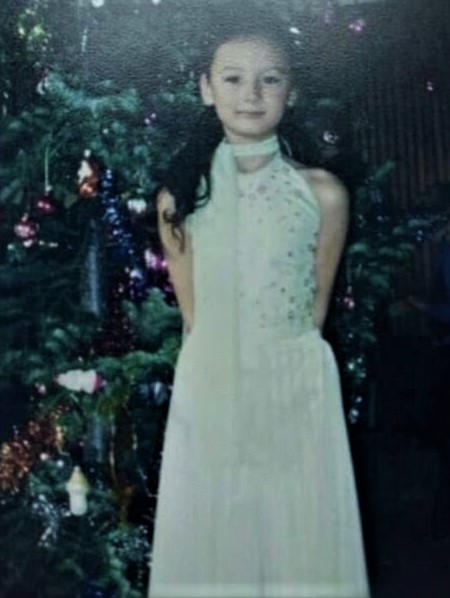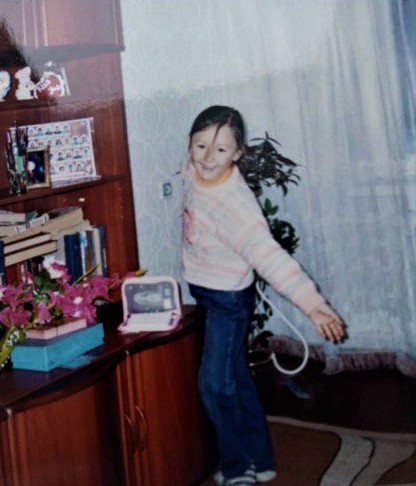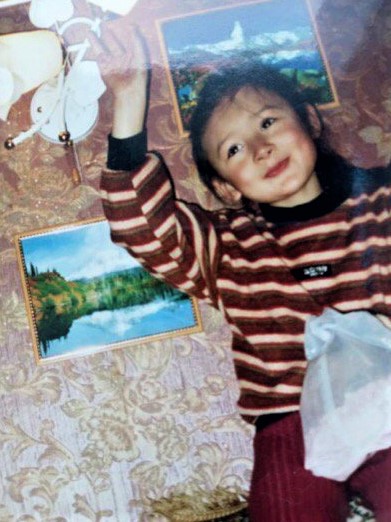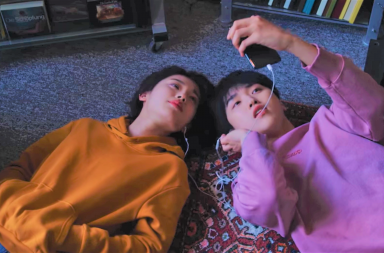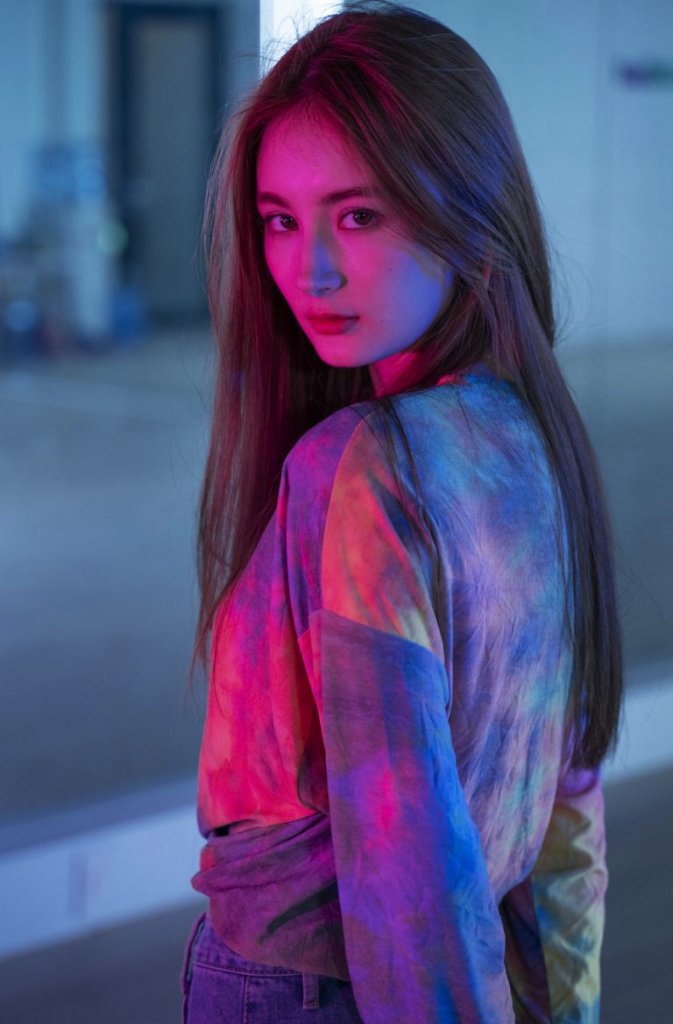
June 26th marked the debut of Lana, HiCC Entertainment’s newest soloist, with “Take the Wheel.”
A ’90s synth-groove song, “Take the Wheel” is an upbeat, summery song about letting go of your inhibitions and letting your body, well, take the wheel. The MV matches the song well with its dreamy color-palette, all-white outfits reminiscent of 90’s boybands, and neon lights.
Though Lana’s vocals could be better mixed with the instrumental and the production of the MV appears cheap at times, the debut is innocuous enough from a newly debuted soloist from an unknown entertainment company, or it would be if Lana weren’t white.
Called “K-Pop’s first Caucasian idol” by several news articles, Lana—whose original name is Eugenia Svetlana—grew up in Sakhalin, Russia. According to The Korea Times, Lana visited Korea once with her mother before moving there after watching K-Dramas and falling in love with the country.
Lana worked part-time as a model while studying at University, during which many agencies suggested that she become a trainee, which she did.
Lana was supposed to debut towards the end of 2018 with Thought Entertainment, according to her interview with Sports Seoul. However, due to complications, she signed and debuted under HiCC Entertainment instead.
Lana’s ethnicity has aroused a debate within International fans, many of whom argue that Lana does not deserve to debut in the Korean music industry as she is not Korean.
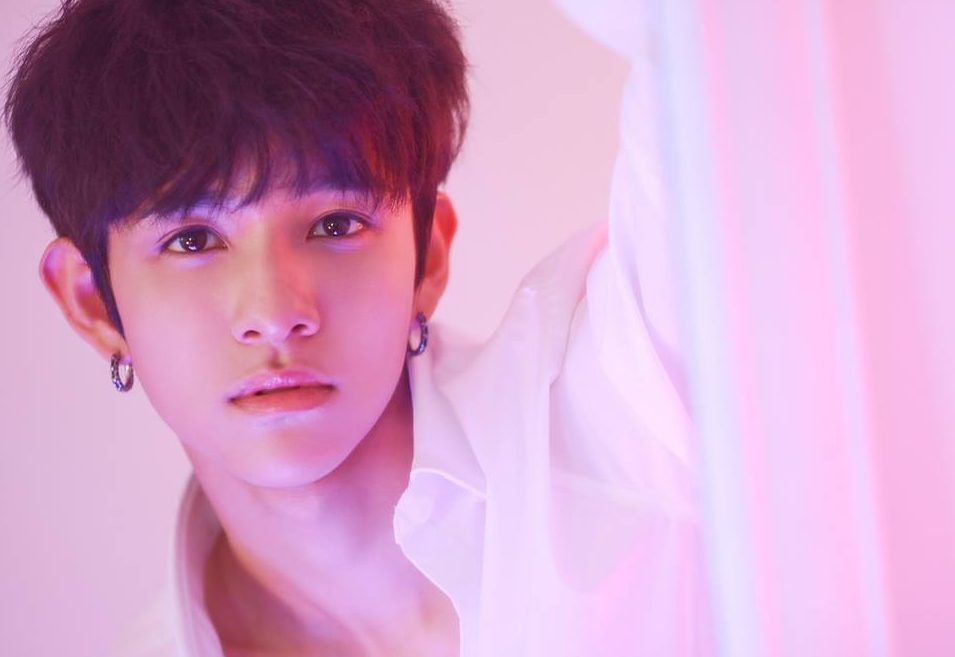
This argument can be countered with the fact that lots of K-Pop idols are not fully Korean—like Samuel Kim, Seventeen‘s Vernon, and Badkiz‘s Monika—or aren’t Korean at all. The K-Pop industry has idols from Japan, China, Thailand, and the Philippines, among other countries, like Twice‘s Momo, Sana, and Mina, EXO‘s Lay, Blackpink‘s Lisa, and 2NE1‘s Dara respectively. Why can these many of these foreign idols be embraced by K-Pop fans and not Lana?
One can argue that the situation is different as these members make up a fraction of a group that still comprises, for the most part, of Korean members. However, there also exist the K-Pop groups Z-Boys and Z-Girls, which are sister groups comprising of 7 members from different Asian countries, none of whom are Korean. Then there is also Alexandra Reid, a Black American woman who became K-Pop’s first fully Black idol when she debuted with RaNia in 2015.
Neither of these situations drew the ire of fans as much as Lana, and the all-American, mostly white K-Pop group EXP Edition before her, which begs the question: why? It can be argued that this is because these artists are appropriating Korean culture for their benefit, while other foreign idols appreciate it. However, Lana moved to Korea, made an effort to learn the language, and studied there before training to become an idol. There is no evidence from her social media presence of her trying to exotify or mock Korea or its culture. EXP Edition, on the other hand, never lived in Korea, and have not immersed themselves in its culture, or underwent the rigorous training that Korean idols go through.
What somewhat solidify the claim that she is appropriating Korean-ness are allegations of Lana having had plastic surgery and/or editing her features in her Instagram photos to alter her eyes to look more “Asian.” If these allegations are true, it is deeply disturbing that Lana is trying to imitate Asian features to gain success in the Korean industry while many POC and Asians still struggle to break through in Western entertainment industries because of the way they look. But no hard evidence has been found and Lana’s eyes don’t appear to have changed much when comparing her childhood pictures to her current pictures.
Even though Lana is arguably appreciating Korean culture, her debuting still feels wrong in a way that you can’t put your finger on.
The answer to that question lies in the fact that Lana is white, her whiteness gives her privilege that her PoC counterparts do not have, and she may be using this privilege for her benefit. This privilege is an aftermath of European imperialism and colonization.
Beginning in the early 15th century and well into the late 19th century, European powers invaded, conquered, and exploited large parts of the Americas, Asia, and Africa. As conquerors, Europeans held power and wealth. This allowed the colour of their skin and their features—light skin, big eyes, thin, roman nose—to become equated with beauty because those with these features held a higher social status.
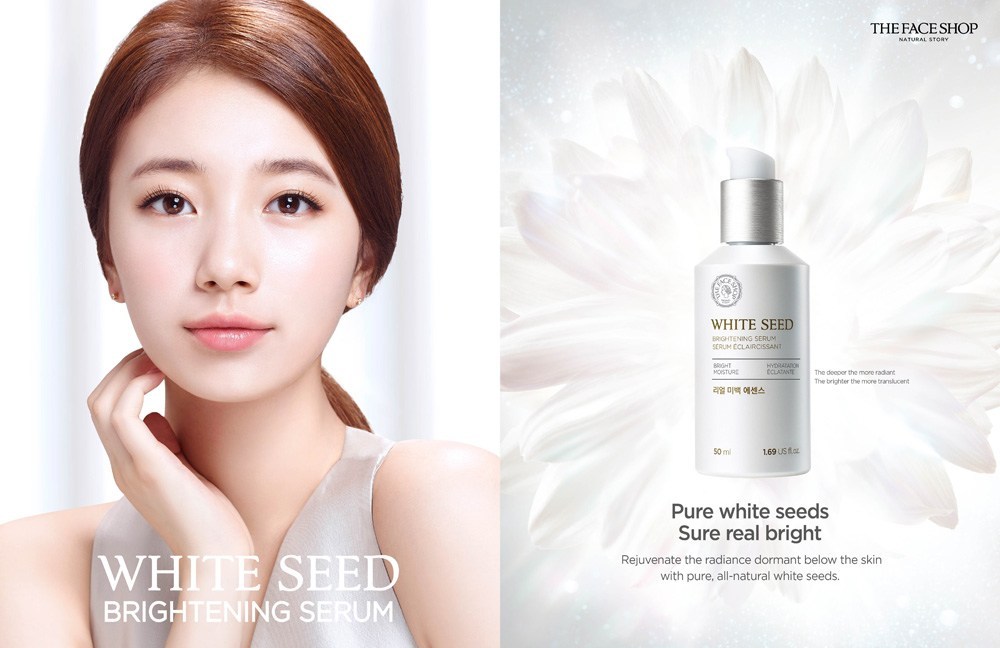
Despite gaining their freedom, many previously colonized countries still hold onto these Western beauty ideals— among other Eurocentric concepts, thanks to the widespread nature of Western media. South Korea is one of them. This can be evidenced in the popularity of surgical procedures that create double-eyelids and taller, upturned noses, and the numerous cosmetic products in South Korea promising a lighter or brighter skin. The saturation of these features among numerous Korean celebrities reinforces these beauty standards rather than dispelling them, creating a vicious cycle.
Lana, being white, has fair skin and a tall, upturned nose, though her eyes are admittedly small and make her look vaguely Asian. This “right” combination of Eastern and Western features automatically makes her beautiful in the eyes of her South Korean audience. Evidence of this lies in her growing follower count on Instagram following her Variety show appearances and her title of “Goddess.”
Comparatively, Korean idols with dark skin-tones are often teased for it, à la Exo‘s Kai and VIXX‘s N to name a few, and K-Pop’s first Black K-Pop idol, Alex, was treated like a prop while she was a RaNia member.
What makes it worse is that Lana has not acknowledged her white privilege, and instead has been liking comments underneath her MV on YouTube that accuse people of engaging in “reverse racism” against her (Though there are screenshots showing she liked hate comments, too, implying that she perhaps liked all comments during a certain time frame).
Many diaspora Korean individuals turn to K-Pop to achieve their dreams of becoming an artist, as there is a dearth of good Asian representation in Western entertainment industries. For Lana to come into a space meant for Korean and other East Asian idols when her chances versus an Asian artists’ chances of succeeding in Western entertainment are arguable greater, is in bad taste.
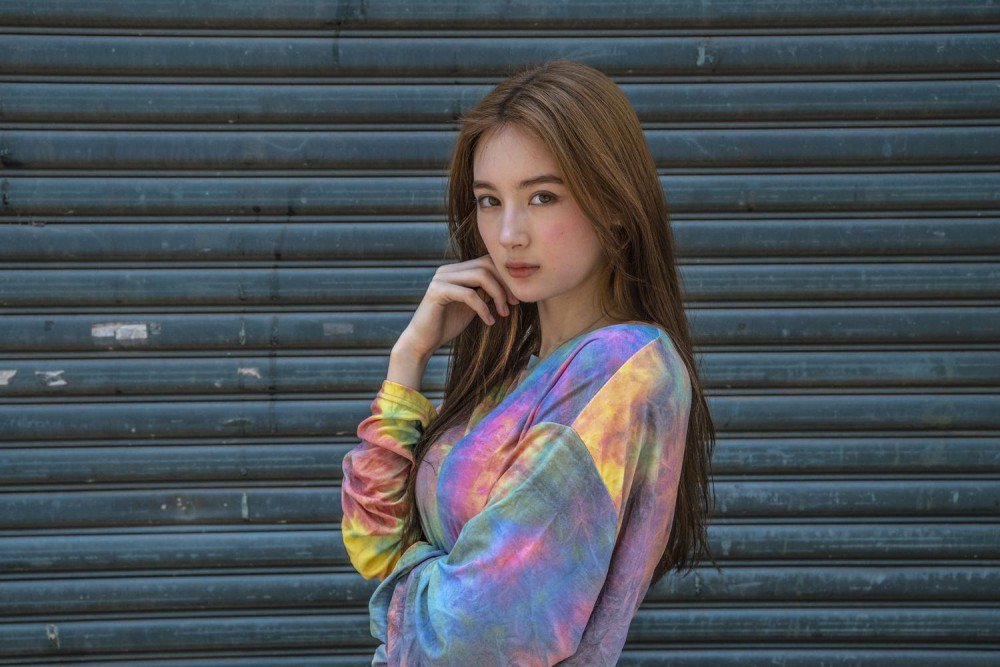
This bad taste worsens because Lana’s intentions to debut are unclear. If she fell in love with Korean and wanted to merely interact with Korean culture, she could have lived and studied there as she was already doing. If she wanted to be an ambassador for her culture in Korea, as Coco Avenue intended to do, then she has not been doing a good job. If she merely wanted to achieve her dream as an artist, she could have done so in an industry that didn’t require mastery of a new language.
Fans have theorized that Lana saw her whiteness as an easy way both into the industry, as well as to quickly achieve fame and success within it as South Korean audiences would overlook her talent or lack of, in favour of her appearance.
While that could certainly be true, Lana has not given any in-depth interviews nor appeared on any variety shows after her debut so it remains to be seen whether her company will use the novelty of her appearance as a marketing tool. For now, any answers about her motivations and aspirations in the K-Pop industry remain up in the air, and her supporters and naysayers alike will just have to let time and South Korean audiences take the wheel.
What did you think of Lana’s debut? Do you think Lana has earned a place in the K-Pop industry? Let us know in the comments below.
(YouTube, The Korea Times, Sports Seoul, BBC, The New York Times, Images via HiCC Entertainment, Brave Entertainment, The Face Shop)
